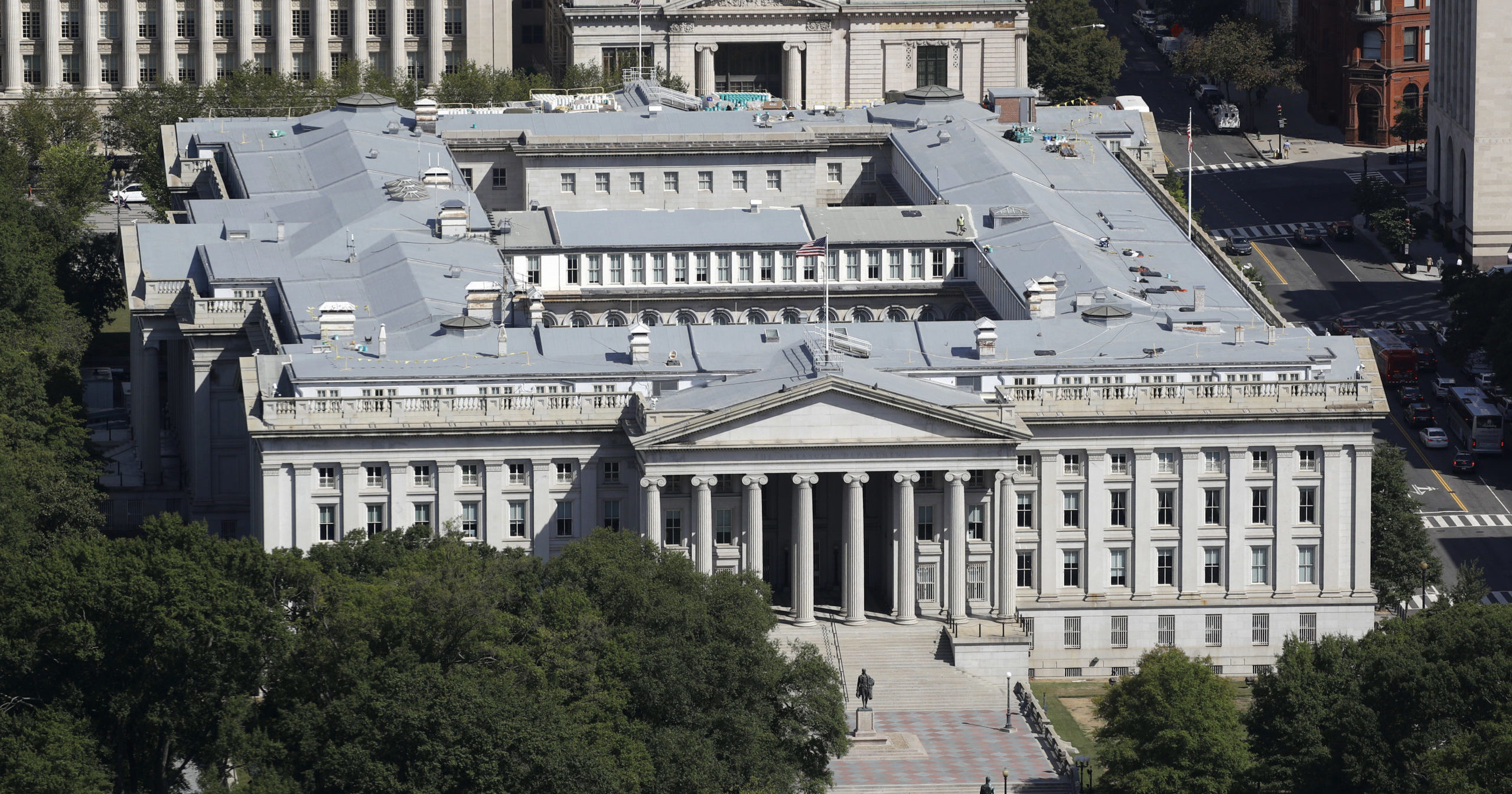
US Officials Issue Rare Warning After Russian Hackers Compromise Government Computer Systems
Federal authorities expressed alarm on Thursday about a long-undetected intrusion into U.S. and other computer systems around the globe that officials suspect was carried out by Russian hackers. The nation’s cybersecurity agency warned of a “grave” risk to government and private networks.
The hack compromised federal agencies and “critical infrastructure” in a sophisticated attack that was hard to detect and will be difficult to undo, the Cybersecurity and Infrastructure Security Agency said in an unusual warning message.
The Department of Energy acknowledged it was among those that had been hacked.
The attack, if authorities can prove it was carried out by Russia, creates a fresh foreign policy problem for President Donald Trump. Trump has made no public statements about the breach.
Presumptive president-elect Joe Biden declared that he and Kamala Harris “will make dealing with this breach a top priority from the moment we take office.”
“There’s a lot we don’t yet know, but what we do know is a matter of great concern,” he said.
CISA officials did not respond to questions, so it was unclear what the agency meant by a “grave threat” or by “critical infrastructure” possibly targeted in the attack that the agency previously said appeared to have begun last March.
Homeland Security, the agency’s parent department, defines such infrastructure as any “vital” assets to the U.S. or its economy, a broad category that could include power plants and financial institutions.
The agency previously said the perpetrators had used software from Texas-based SolarWinds to infiltrate computer networks. Its new alert said the attackers may have used other methods, as well.
Over the weekend, amid reports that the Treasury and Commerce departments were breached, CISA directed all civilian agencies of the federal government to remove SolarWinds from their servers.
The cybersecurity agencies of Britain and Ireland issued similar alerts.
A U.S. official previously told The Associated Press that Russia-based hackers were suspected, but neither CISA nor the FBI has publicly said who is believed to be responsible.
Asked whether Russia was behind the attack, the official said: “We believe so. We haven’t said that publicly yet because it isn’t 100 percent confirmed.”
Another U.S. official, speaking Thursday on condition of anonymity, said the hack was severe and extremely damaging although the administration was not yet ready to publicly blame anyone for it.
“This is looking like it’s the worst hacking case in the history of America,” the official said. “They got into everything.”
At the Department of Energy, an initial investigation revealed that malware injected into its networks via a SolarWinds update has been found only on its business networks and has not affected national security operations, including the agency that manages the nation’s nuclear weapons stockpile, according to its statement.
It said vulnerable software was disconnected from the DOE network to reduce any risk.
The intentions of the perpetrators appear to be espionage rather than destruction, according to security experts and former government officials. If so, they are now remarkably well situated.
Thomas Bossert, a former Trump Homeland Security adviser, said in an opinion article in The New York Times that the U.S. should now act as if the Russian government had gained control of the networks it has penetrated.
“The actual and perceived control of so many important networks could easily be used to undermine public and consumer trust in data, written communications and services,” he wrote.”
Members of Congress said they feared that taxpayers’ personal information could have been exposed because the IRS is part of Treasury, which used SolarWinds software.
Tom Kellermann, cybersecurity strategy chief of the software company VMware, said the hackers are now “omniscient to the operations” of federal agencies they’ve infiltrated “and there is viable concern that they might leverage destructive attacks within these agencies.”
Among the business sectors scrambling to protect their systems and assess potential theft of information are defense contractors, technology companies and providers of telecommunications and the electric grid.
A group led by CEOs in the electric power industry said it held a “situational awareness call” earlier this week to help electric companies and public power utilities identify whether the compromise posed a threat to their networks.
The Western Journal has reviewed this Associated Press story and may have altered it prior to publication to ensure that it meets our editorial standards.
Truth and Accuracy
We are committed to truth and accuracy in all of our journalism. Read our editorial standards.
Advertise with The Western Journal and reach millions of highly engaged readers, while supporting our work. Advertise Today.












